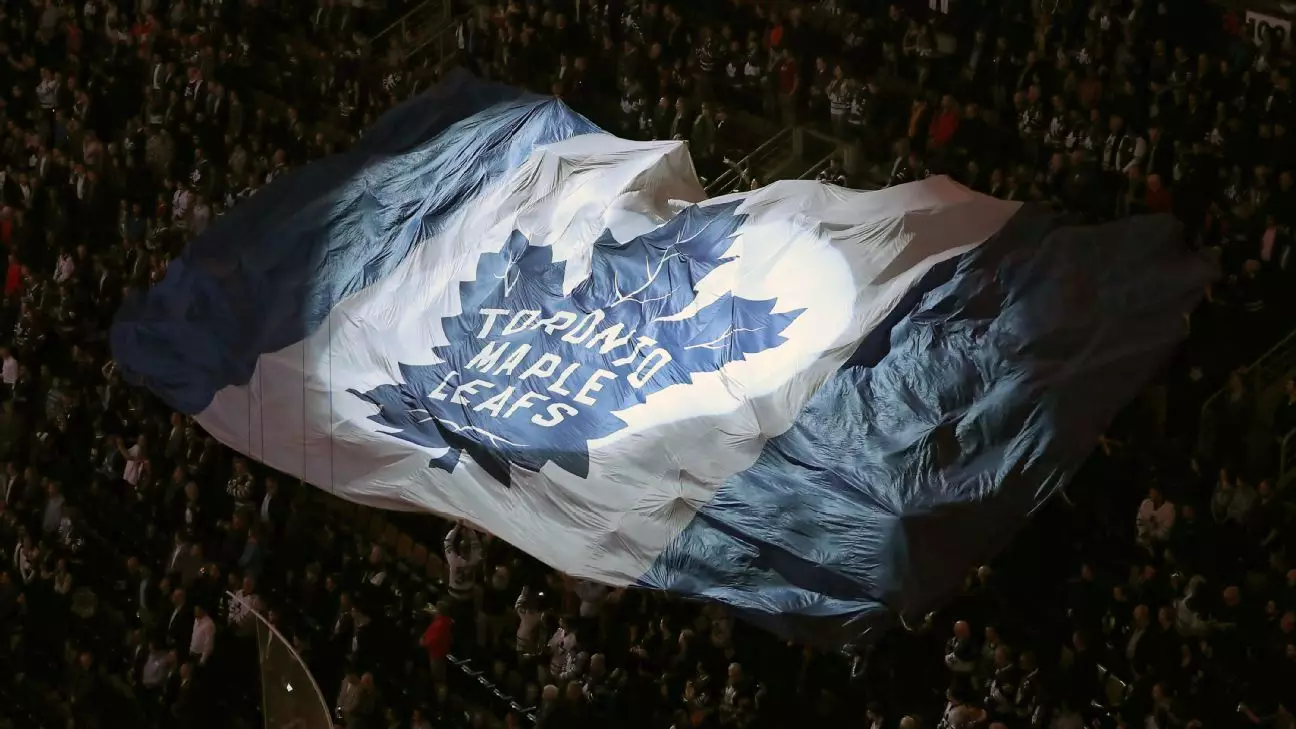In a transformative move for the Canadian sports landscape, Rogers Communications has acquired Bell Canada Enterprises’ 37.5% stake in Maple Leaf Sports & Entertainment (MLSE) for an impressive $4.7 billion, resulting in a controlling interest in the country’s prime sports organization. This acquisition not only fortifies Rogers’ position but also reflects the evolving dynamics of media ownership in professional sports. With this significant stake, Rogers now fully owns the majority of an organization that oversees several high-profile teams, including the NHL’s Toronto Maple Leafs and the NBA’s Toronto Raptors.
MLSE’s portfolio has proven incredibly lucrative over the years. The Maple Leafs, for instance, are reportedly valued at $2.8 billion, making them the most valuable franchise in the NHL, while the Raptors are valued at $4.1 billion, ranking them ninth globally in the NBA. These valuations are more than just numbers; they signify the deep-rooted loyalty of Canadian fans and the immense attraction of sports as a form of entertainment in the country. Rogers’ acquisition is indicative of the significant financial stakes involved, especially given the powerful fan bases that both franchises command.
Rogers has long positioned itself as a pivotal player in Canada’s communication and entertainment sectors. Expanding its ownership in MLSE aligns perfectly with its strategic focus on live sports. According to Tony Staffieri, the president and CEO of Rogers, live sports represent a cornerstone of the company’s business model. By owning a more substantial share of MLSE, Rogers not only enhances its media offerings through Sportsnet, which retains broadcasting rights for numerous games, but it also effectively positions itself as a leader in sports entertainment.
Despite the divestiture of its stake, Bell will continue to play a meaningful role in the MLSE framework. The company retains the broadcast rights for 50% of the Maple Leafs’ and Raptors’ regional games, ensuring that its connection with these franchises persists even after the sale. Mirko Bibic, Bell’s president and CEO, emphasized that this decision aims to create financial flexibility while maintaining a supportive presence in the lives of the teams’ fans.
The Rogers-Bell split signals a significant pivot in the relationship between media companies and sports franchises. It illustrates how ownership stakes can influence the direction of team marketing, fan engagement, and ultimately, revenue generation. Moreover, the acquisition’s timing, with the anticipated completion set for mid-2025, allows both companies to adapt to an ever-evolving sports media landscape shaped by technological advancements and shifting consumer preferences.
Rogers’ acquisition of MLSE’s majority stake marks a pivotal moment in the Canadian sports industry. As ownership dynamics continue to shift in favor of powerful media conglomerates, the impact on sports franchises and their fans will be profound. With this acquisition, Rogers not only secures its position as a powerhouse in sports media but also ambitiously charts a course for the future of sports entertainment in Canada. The partnership between Rogers, Bell, and MLSE is set to redefine what it means to own sports teams in a rapidly changing media landscape, presenting opportunities and challenges for fans, broadcasters, and the organizations themselves.
